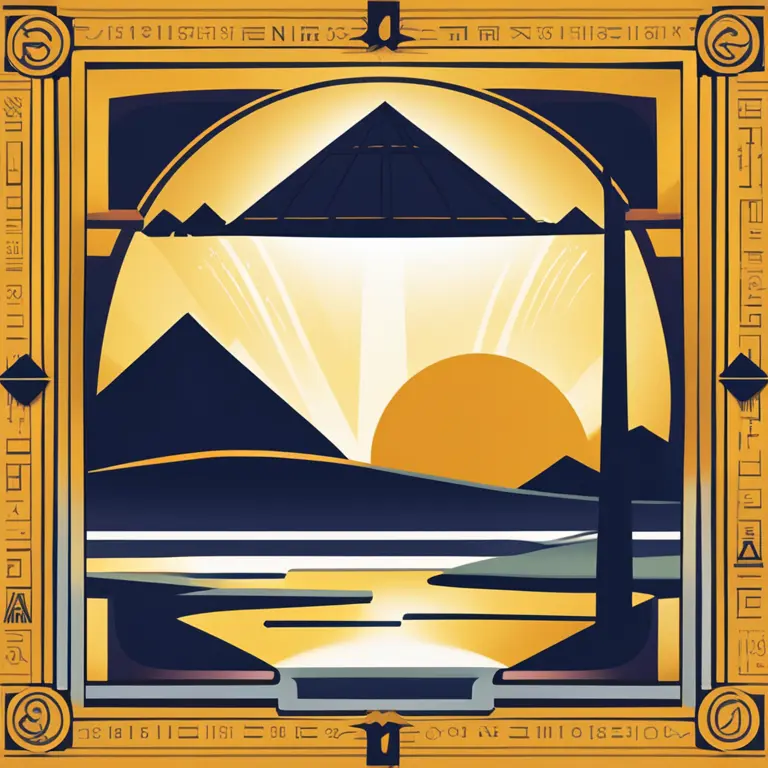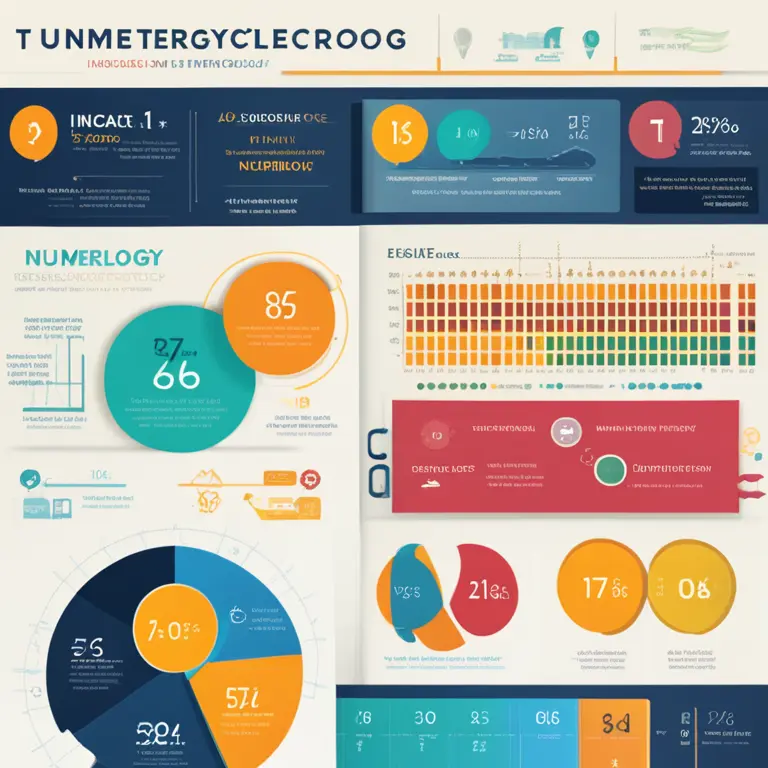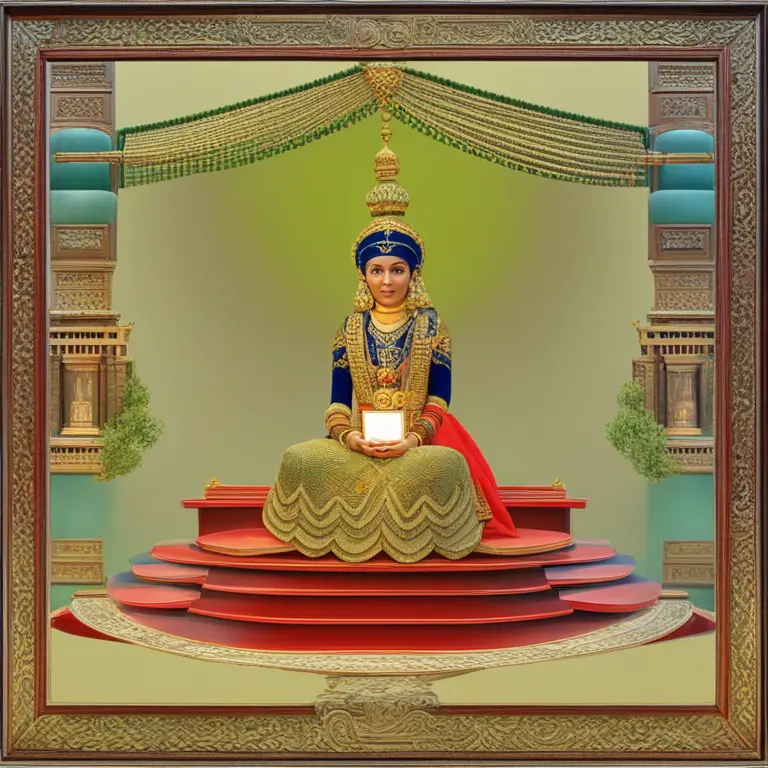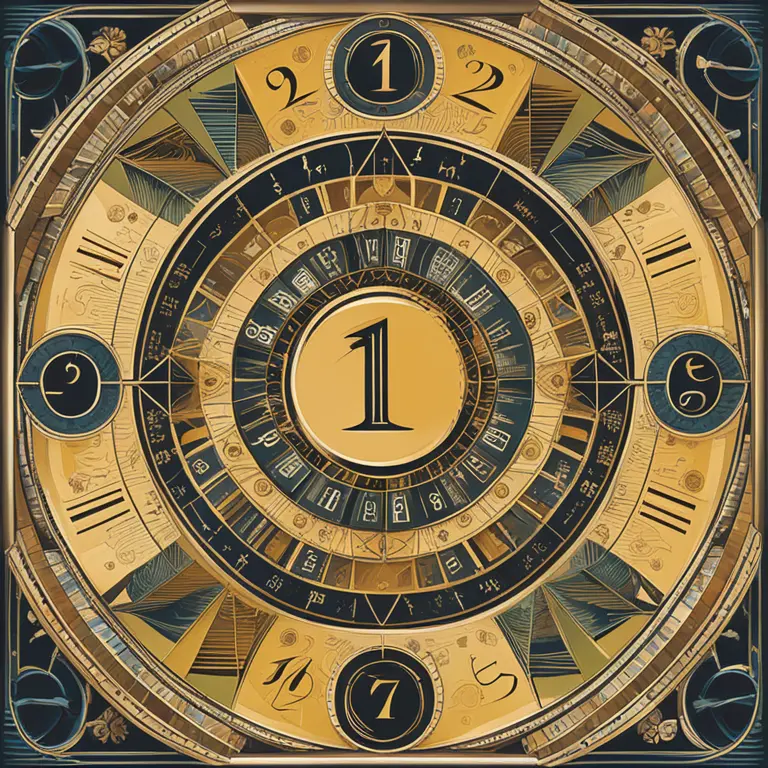
The Origins of Numerology: A Historical Viewpoint
Trace the roots of numerology through time and understand how this mystical practice began and evolved to become part of today's esoteric traditions.
article by Sofia Ferguson
The Dawn of Numerology
Numerology, often dubbed the science of numbers, is believed to reveal divine insights through numerical patterns. Its inception is somewhat veiled in antiquity, with evidence suggesting that various forms of numerology existed in ancient civilizations. The earliest records indicate numerologists were at work thousands of years ago, with practices traceable to Egypt and Babylon. Ancient Greeks, led by philosophers like Pythagoras, imbued numbers with mystical properties, and his teachings laid a significant foundation for modern numerological ideas.

Cultural Embedment and Evolution
As civilizations evolved, so did the practice of numerology. Each culture integrated it differently. For instance, the Chinese developed their system focusing on the harmony and dissonance of numbers. Hebrew Kabbalah explored gematria, where letters correspond to numbers, offering a method of interpreting the Bible. Throughout history, numerology has been a thread woven into the fabric of various spiritual and esoteric studies, transcending mere arithmetic to encompass in-depth personal and universal understanding.

Turn of the 20th Century Escalation
The 20th-century surge in interest for esoteric wisdom brought numerology back into the limelight. Figures such as L. Dow Balliett and later, Florence Campbell, contributed to modern numerological frameworks, focusing on personality analysis and future forecasting. In the context of human psychology, numerology started being seen not only as a mystical practice but also as a tool for self-understanding and growth.

Numerology in the Digital Age
With the advent of the internet and digital communication, numerology has witnessed unparalleled accessibility, leading to a resurgence of interest in the 21st century. Online platforms and software now offer personalized readings at the click of a button. The digitization of numerology has made it easier for anyone to explore the significance of their numerological charts, contributing to both its popularization and commercialization.

Mainstream Acceptance and Challenges
Although often regarded with skepticism by the scientific community, numerology has found a niche in modern-day spirituality and self-help movements. Popular culture references, self-help books, and workshops have certainly played a role in familiarizing numerology with mainstream audiences. Nonetheless, the practice faces ongoing criticism and its validity remains a hotly debated topic amongst scholars, with many considering it a pseudoscience.
Numerology’s Future and Relevance
Looking into the future, the practice of numerology continues to evolve, incorporating new age philosophy and integrating with other esoteric practices such as astrology. It is likely that as society changes, so will the applications and interpretations of numerological principles. As long as individuals seek meaning beyond the material realm, numerology will likely have a place in human curiosity and spirituality, offering insights and guidance for those who resonate with its precepts.
Published: 1/16/2024
Modified: 1/16/2024
More predictions
Come back here soon to learn more about yourself and your future


The Realm of Numerology Readings
Delve into the mystic realm of numbers with our comprehensive guide to numerology readings. Discover your life's numerical blueprint.


The Essence of Numerology's Number 4
Delve into the steadfast and structured world of Numerology's Number 4, revealing the traits and influence it has in our lives.


Numerology: The Historical Insights
Dive into the ancient beginnings of numerology and discover its mysterious origins and the thinkers who contributed to its development over time.